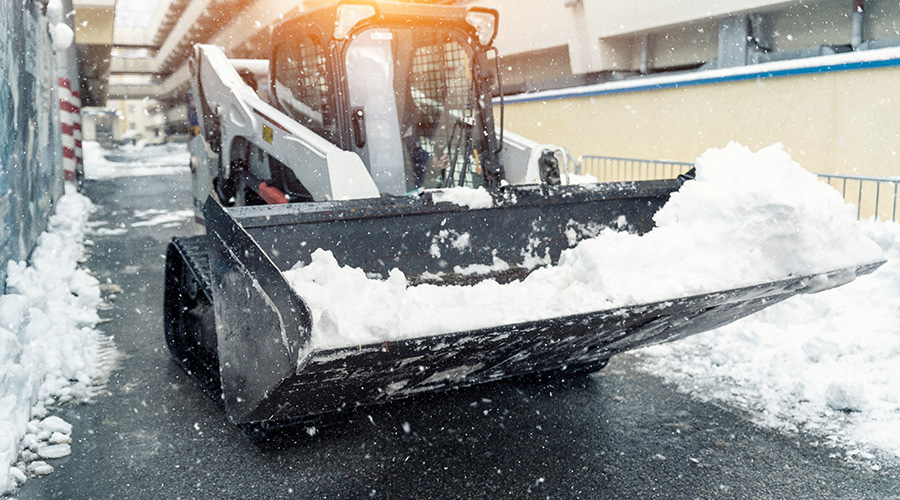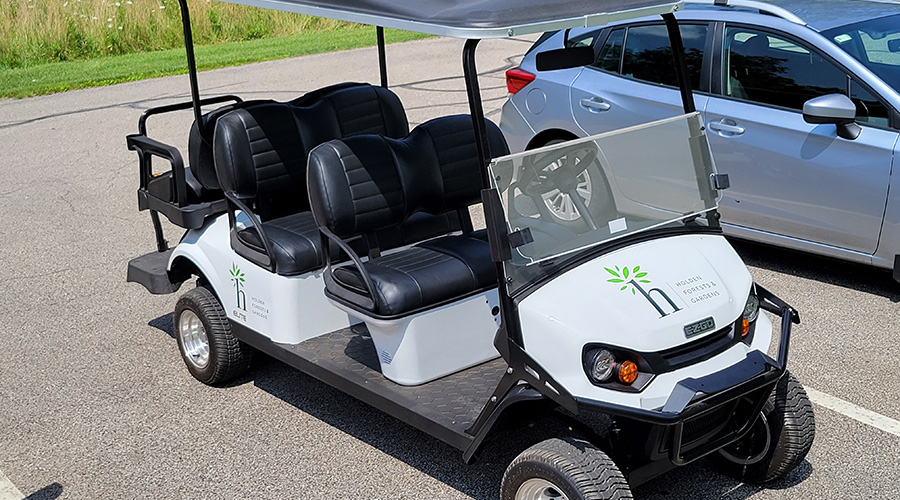Managers Seek Durability, Versatility when Specifying Grounds Equipment
While cost considerations and the impact on sustainability greatly affect a manager’s specification decisions, a product’s performance in the field ultimately determines its success or failure. For that reason, managers also need to carefully research the full array of features and functions to determine if manufacturers’ offerings meet the department’s needs.
“In general, manufacturers have improved the durability of their products over time as part of the normal design processes,” Meyers says. “But key manufacturers have pushed the status quo to develop vehicles with durability and reliability at the forefront of design cycles. Look for the vendors with the longest standard warranties, and you will find the manufacturers that stand behind their products for the long term.”
The exploration of features and functions also includes those that directly affect equipment operations and, as a result, productivity and efficiency.
“Everyone is focused on durability and reliability, but we’re also focused on maximizing the user experience so it does make them more productive during the entire day of operating that piece of equipment,” Stegemann says. “Specifically, we focus on very rigid testing parameters for our frame construction. We’re also very focused on the suspension of our vehicles. It ensures a better ride and makes the operator more productive because of the greater comfort. It also helps reduce the impact on the vehicle as you go over rough terrain and enhance the longevity of the vehicle.”
Of particular importance to many managers is the availability of attachments, which can turn seasonal equipment into year-round resources.
“The key is to have a piece of equipment that can be used 12 months out of the year, not just a commercial mower that you’re using seven or eight months tops,” Craig says.
This versatility is a benefit that goes directly to the organization’s bottom line.
“The additional productivity a piece of equipment can bring through accessories or implements provides higher value to the facility or entity investing in the equipment,” Dobson says. “A mower that can not only mow, but switch to an aeration implement or snow-clearing implement adds value in that the entity can get year-round use without buying several pieces of equipment with multiple engines to maintain to perform the
same tasks.”
Manufacturers understand the appeal of versatile equipment to grounds departments. As a result, many have revamped the way they develop their products.
“What is really exciting are the manufacturers who develop the vehicle with an understanding of what customers jobs are and incorporate attachments into initial vehicle designs,” Meyers says. “This way cabs, brush guards, van boxes, plows, tool holders, etc., all integrate into the vehicle.
“This is not only an aesthetic approach, but also increases the ease in which the customer can do the jobs they need
to accomplish. Utility vehicles should be much more than a cargo box with four wheels. They should be designed
to accomplish a series of jobs and become a year-round asset to that
facility’s workload.”
Related Topics:














